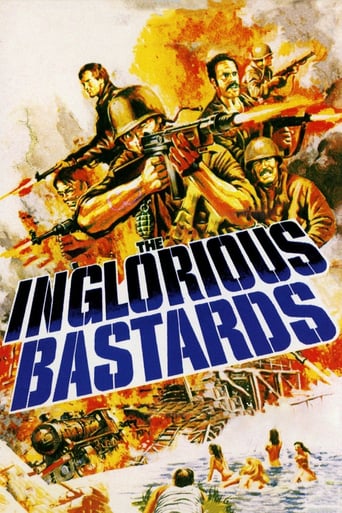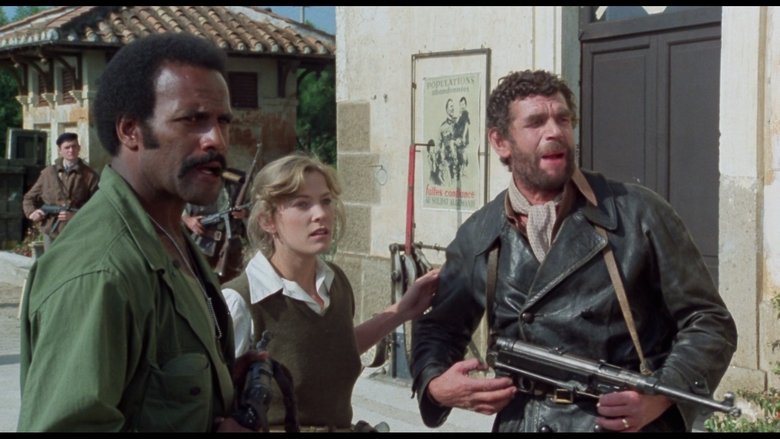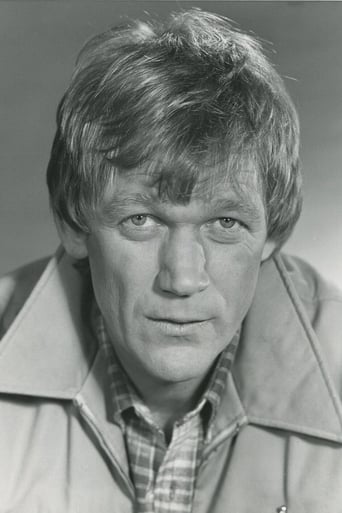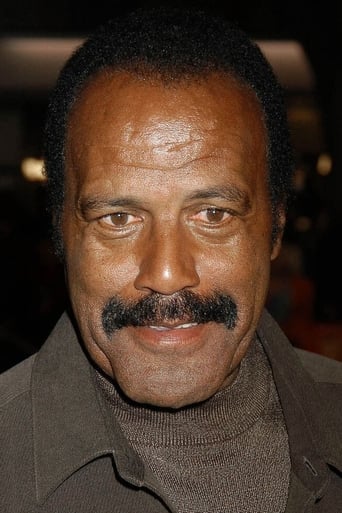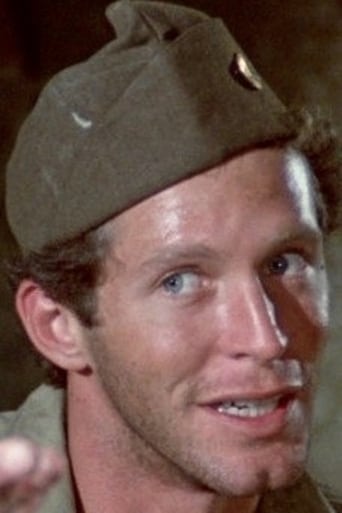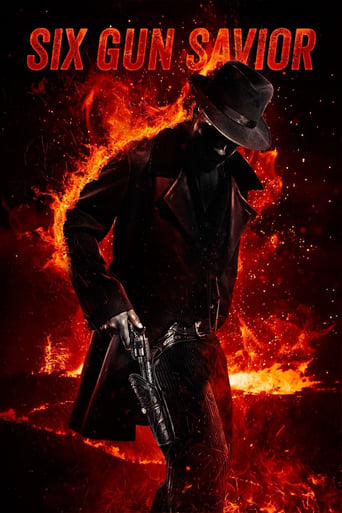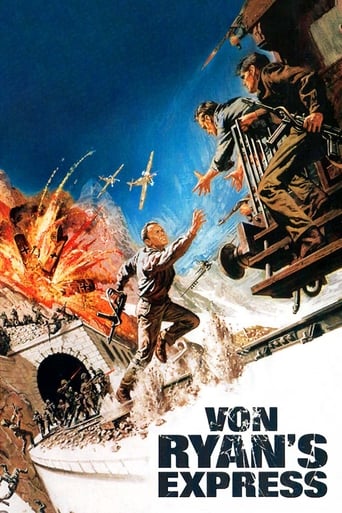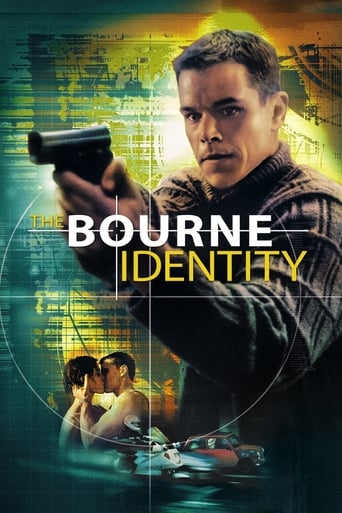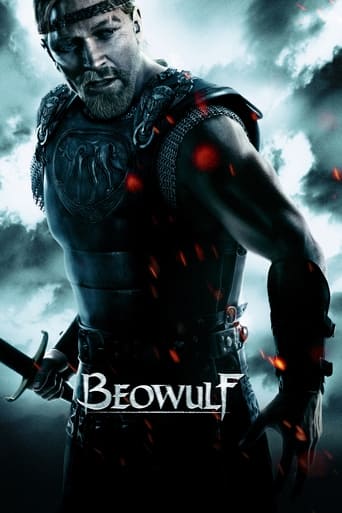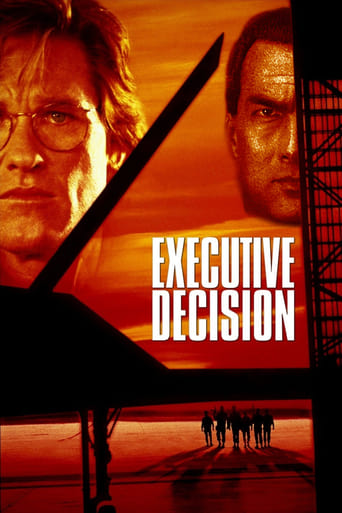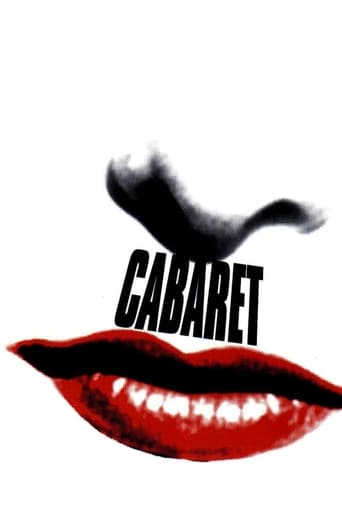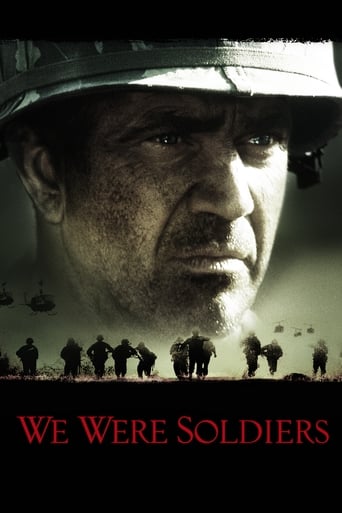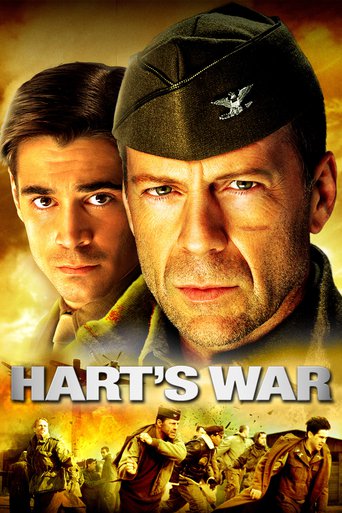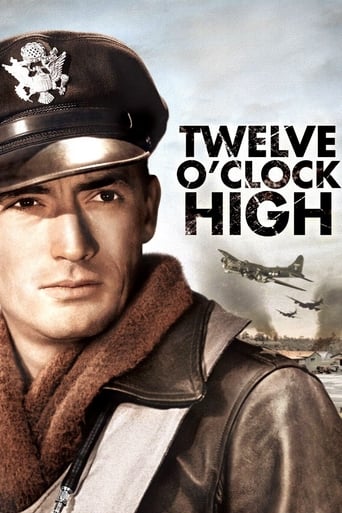The Inglorious Bastards (1981)
Set in Europe during WWII, a group of American soldiers on their way to military prison are beset upon by a German artillery attack, escaping with Switzerland in their sights. Before making it any farther, they volunteer to steal a V2 warhead for the French Underground - taking them deep into the heart of German territory.
Watch Trailer
Cast


Similar titles
Reviews
Other reviewers have commented about this being a takeoff from "The Dirty Dozen" of 1967. Hollywood has copied, borrowed or hijacked themes and plots that have worked well ever since it's beginning. The movie- going public doesn't mind at all – if the new films are good. Sometimes they are, and sometimes they aren't. So, it's not a surprise that the makers of this 1978 Italian film, "The Inglorious Bastards," would try to copy the highly successful and entertaining earlier film. But many things were missing from this attempt, and other things were added that took away from the film. It lacks an all-star cast, and the cast it has is low on talent. The technical and other aspects of the film suffer from lack of talent as well. The script is weak and choppy in places; the direction is sloppy; and the film editing is weak. The camera work is good, but the special effects, props and sets in places are almost laughable and tend to reduce the otherwise good camera work. Other reviewers have noted the poor effects – when grenades goes off and bodies fly through the air, etc. All of the GIs have submachine guns (Tommy guns or grease guns) that appear to be fed by box magazines. They would hold about 30-rounds and the guns could fire 450 rounds per minute. We see the "heroes" mowing down the mostly inept German soldiers for most of the film, without ever changing magazines. Of course most of the Germans are stuck with plain old rifles and are terrible shots until the end of the film. Two scenes were particularly unbelievable and diminished in my eyes any interest on the part of the makers of "The Inglorious Bastards" to show a semblance of realistic combat action. The first was early in the film, when a German plane strafes the American forces on the ground. The MPs don't allow the prisoners to get out of the deuce and a half (truck). Everyone knows you abandon vehicles in a strafing because the planes try to blow up the vehicles. In real life, the prisoners would have been ordered to hit the ground. But this film takes it a step further and the MPs shoot and kill several of the prisoners who try to jump out of the truck to safety. That was totally unbelievable and unreal, and set the stage for the rest of the phoniness of this film. The second was the escapee group being able to kill all of the specially trained Americans who were in German uniforms, without the commandos being able to take down any of the renegade group. Most of the battle scenes appear stagy. At times they reminded me of a video war game. The stereotyping of characters like these in outfits had pretty much ended in the war films produced after 1960; but the producers of this film brought the practice back. Except for Bo Svenson's Lt. Yeager and Fred Williamson's Pvt. Canfield, the characters were mostly crude. I can imagine that someone with no combat experience or knowledge of the military and its equipment, and who others can suspend any thoughts about reality, or who just likes fantasy actioners might enjoy this film somewhat for its action. But most, I think, would find this a disappointment. There are many better ways to waste one's time.
Quel Maledetto Treno Blindato is the film that so impressed a young Quentin Tarantino that he would eventually pilfer the English title (albeit minus the word 'The' and a with a minor spelling alteration) for his own 2009 men-on-a-mission movie, Inglourious Basterds. This was apparently done with the blessing of Quel Madetto's director Enzo G. Castellari, which only seems fair—after all, Enzo wasn't above a little appropriation of his own...Borrowing heavily from several war classics, most notably The Dirty Dozen, Castellari's movie sees a group of American prisoners—thieves, murderers, deserters etc.—make a bid for the freedom of Switzerland after the convoy transporting them is attacked by Nazis. Their escape plan is interrupted when they mistakenly kill a team of US commandos on a top secret mission to intercept a German train and decide to take their place, hoping that, by doing so, they will be exonerated of their crimes.This being an Italian exploitation flick, the emphasis is on action, bloodshed and dumb heroics, and Castellari more than delivers, with plenty of firefights, explosions, crazy stunts, and bloody bullet hits. Rather amazingly, his actors seem to perform many of their own stunts, making the film all the more impressive: I can't imagine the cast of Tarantino's film being so enthusiastic about risking their lives by leaping onto and off moving trains, scaling castle walls, or speeding down a perilous death slide. Also adding to the exploitative vibe is a completely gratuitous scene featuring ten naked German women bathing in a river—achtung!While Quel Maledetto Treno Blindato is far from what many people would consider a classic of the war genre, I found it a very enjoyable way to spend my time.
Where it took everybody all of about thirty years to really discover sleazy; underhand; grungy 1978 Italian-American renegade war film The Inglorious Bastards, the amount of time that most of us will need to be able to identify it as an underwhelming, throw-away piece of nonsense that just doesn't amount to much, will be far less. For the record, The Inglorious Bastards is good fun for about thirty five minutes or so of its run-time; the film enjoying a resurgence in recent times thanks to American film maker Quentin Tarantino, and his similarly named 2009 piece about a platoon of sadistic American soldiers; efficient Nazi officers and undercover British agents congregating in Occupied France. The film's premise sees a rag-tag bunch of American troops in France during The Second World War on the run, their goal to apparently get to neutral Switzerland and try to see out the war so as to escape punishment. The film has fun with its concept for a set time and we're on board as a result: skirmishes kick off; the dialogue is blunt and effective while trouble within the band of brothers threatens at most turns. As it wears on and runs out of ideas, we begin to shift back the other way."I once killed a loud mouth Sergeant like you, they can only kill me once!" is the hostile cry aimed at a taunting hard-nosed American official as one of the Bastards is herded into the back of a truck so as to be hauled off for execution. The sense of these guys having little to lose and not easily humbled by whatever is thrown at them is effectively put across, we witness another Bastard kicking muddy water at one of the superiors as he too is hauled off following sentencing, effectively setting up what ought to have been a more involving, more enjoyable Second World War chase film revolving around the very antithesis to what an upstanding soldier serving his nation should represent. The Bastards, headed up by people like Bo Svenson and Fred Williamson playing troops of varying rank, stand out from the crowd; where the military police bare bland uniforms that possess no distinguishable features The Bastards are a mixture of people of different ethnicities sporting bomber jackets; large sunglasses and erratic moustaches to go with long, straggly haircuts. The sense of them standing out or being of a very different ilk to others of their sort feels prominent.During transport, the motorcade is attacked by the German air-force causing chaos and opening a window for most of the wrong-uns to escape; that sense of a three way fight between the Allies, the Germans and The Bastards coming across here for the first time. Armed with an array of MP40's; their razor sharp wit and a penchant for loose gambling, the Bastards are off trawling through the countryside trying to hide from their own troops and avoid The Wehrmacht all the same. The parts in which The War rages around The Bastards as they strive to get by are the best, the encountering of German private Adolf Sachs (Harmstorf) adding an extra and intriguing element to proceedings as to whether they can entirely trust him as he exclaims his dedication to the Allied cause. Enough is done so as to try and flesh these characters out, Williamson's Private Canfield is racially abused but finds solace with Svensson's Lieutenant while certain other characters' attitudes towards women hint that there's something a little more to them than just an exploitation archetype which makes these people tick.Unfortunately, it's when the film betrays its premise that everything becomes slightly less interesting. The film doesn't just fall apart at the seams but its reattaching of the clan of misfits and renegades that are The Bastards to the U.S. Army before having them go on a commando mission of infiltration and destruction comes close to doing so. Here, the film effectively re-rendering The Bastards nothing more than American troops fighting with The Allies against the Germans, thus defecting from the film's initial concept and as a result rewriting the central characters as anything but either inglorious, or indeed bastards. The moment the film suddenly decides to encompass plot is the moment everything comes apart, as if the half a dozen or so writers ran out of ideas between them and decided to run the film down another tangent entirely. Where the idea of these troops with established personalities and mentalities just 'existing' in Occupied France as they strive to escape, despite not knowing where they are and with many dangers in all directions, was good fun for the early part; all that gives way to repetitive and dull action orientated frills as the good guy Americans overcome the evil German bad-guys.Some cheap, easy female nudity is needlessly thrown in but there is one amusing monologue on behalf of a high ranking German official later on whom provides an entertaining thesis on why America is a nation of nothing but petty juvenilisation. Director Enzo Castellari does a heavy job with a number of long and heartfelt compositions that quite clearly want to bash home the idea that "War is Hell"; one of which is a slow track upwards revealing a bombed out city in the background with a road that's been similarly pummeled in the fore, but these are overshadowed by slow motion action sequences of explosions and gunfire which contradict earlier apparent approaches to the subject of war on film. There are spits and spots of goodness in The Inglorious Bastards, but its descent into the use of faceless German soldiers being annihilated by invincible American action men as a focal point to further plot, rather than as a supporting item to a set premise of a bunch of renegade soldiers trying to escape, is the turning point. It isn't necessarily bad, nor is it anywhere near brilliant; just an odd blend of the amusing with the frustrating.
The prolific Italian helmer Enzo G. Castellari of "Any Gun Can Play "and "Payment in Blood" not only made terrific Spaghetti westerns, but he also made one of the best European B-movie World War II thrillers. This half-dozen "Dirty Dozen" actioneer consists of court-martialed American soldiers and a reckless Air Force fighter pilot. In 1944, they manage to escape from an armed escort of MPs after an enemy aircraft spots them. A German fighter attacks the convoy, and the MP guards actually shoot the prisoners as they jump out of the trucks for cover. Strapping tall blond Bo Svenson is cast as Lieutenant Robert Yeager; he was a pilot who used his P-51 Mustang to visit his girlfriend one time too many. As Private Fred Canfield, Fred Williamson endures racial slurs and prejudice from both sides. Williamson smokes his usual cigar and wears his handle-bar mustache. Once these fellows are free of the MPs, our anti-heroes head for neutral Switzerland. Along the way, they pick up a German deserter who agrees to lead them to Switzerland. Later, he dies tragically when he links up with a group of commandos and then is shot in the back by them. The deserters kill the commandos as revenge for their killing the German. Later, our heroes discover that they have killed Americans masquerading as Germans. Naturally, when the French Resistance come upon them, the Resistance believes that the deserters are in fact the commandos that they gunned down for killing the German. Consequently, they find themselves replacing those commandos to help a stubborn, hidebound colonel (Ian Bannen of "The Hill") accomplish his mission. Along the way, they allow the Nazis to capture some of their number so they can storm a stronghold and acquire motorized transportation. The Colonel and his commandos had trained to steal the gyroscope from the guidance system of a prototype of the new V-2 rocket warhead being transported on a Nazi train. Grudgingly, the Colonel uses them in place of his men. Our heroes are sympathetic and charismatic. "Eagles Over London" composer Francesco De Masi provides an atmospheric musical score, and Castellari orchestrates several machine gun clashes. He does an exceptional job with the firefight at the train, particularly with the use of slow-motion. The last battle displays energy with to spare with Nazis whirling as bullets riddle their bodies. At one point, they blow up a bridge, and one of the deserters makes a desperate "Great Escape" bid on motorcycle to pass along information to his comrades. There are couple of surprises and the guy who survives is not the one that you think will live. The matte work is reasonably well done in the long shots for this low-budget war epic. Five men wrote the screenplay. The train crash in the final quarter-hour is obviously a miniature exploding but looks pretty cool. "Inglorious Bastards" is diverting fun. Unfortunately, Quentin Tarantino's remake is nowhere as entertaining as Castellari's straightforward version. The graphics on the opening and the end credits was done by the same man who did similar graphics on Sergio Leone's "Fistful of Dollars."

